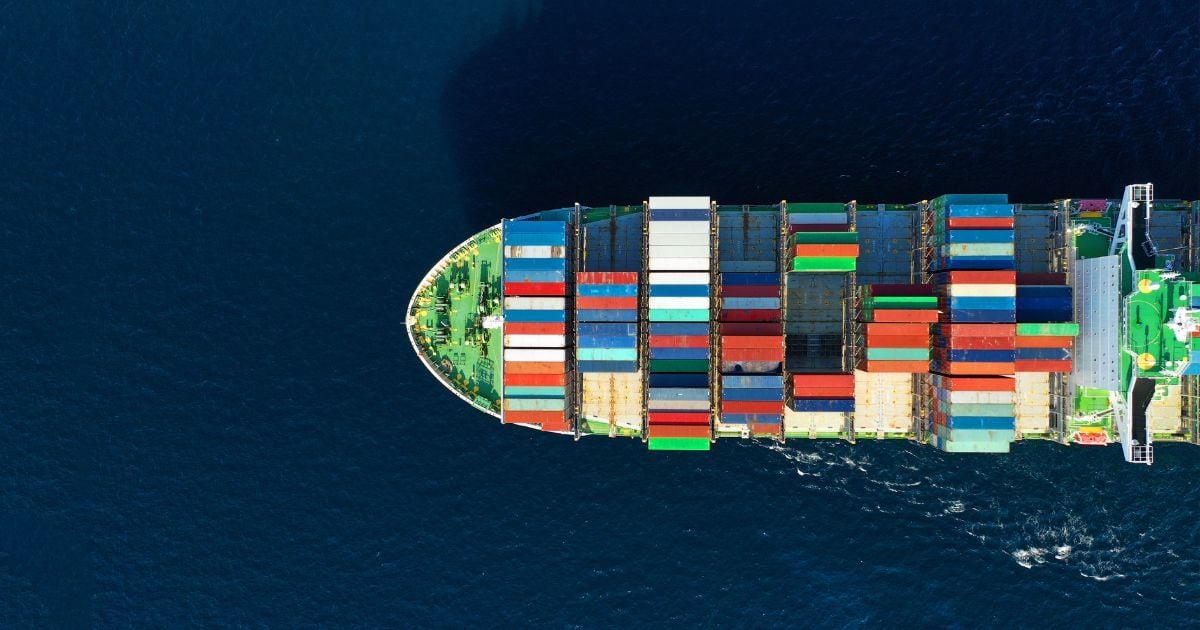How Shifting U.S. Tariff Laws Are Reshaping Global Trade Strategy
Trade regulations are evolving at breakneck speed, and businesses around the world are feeling the ripple effects.
In a recent roundtable hosted by Travis Miller, Chief Strategy Officer at Source Intelligence, trade and compliance professionals from across industries came together to unpack the new U.S. tariff laws and the global responses they’re triggering. The conversation offered an insider’s look into how importers, manufacturers, and governments are adapting—and what your business can do to stay compliant and resilient.
From supply chain risk planning to tariff classification complexities, the panelists explored how the shifting trade environment is altering everything from procurement strategies to data requirements at the facility level.
Get ahead of the next trade shift
Whether you’re managing classification, reassessing your sourcing strategy, or trying to keep up with evolving enforcement expectations, these discussions offer critical context to help you plan.
Watch the full roundtable discussion to hear directly from the experts and prepare your team for what’s next in global trade compliance.
Meet the panelists
Chris Thibodeau
An international customs modernization expert with 33+ years of experience. He has worked for both U.S. Customs and Canada Border Services, helped architect the U.S. 10+2 program, and advised over 45 countries on border risk management, classification systems, and trade data use.
Ed Struzik
A supply chain and compliance strategist with over 25 years of experience. He’s led global initiatives with IBM, Accenture, and ERM, and brings deep insight into manufacturing, sustainability, and regulatory planning.
Karen King
Founder and CEO of Frontera Global Advisory and a licensed customs broker. Karen helps companies reduce risk, manage tariff costs, and build trade strategies based on data-driven decision-making. Her clients span big tech, consumer goods, and medical devices.
Lawrence Heim
Editor of PracticalESG.com with 40 years of experience in environmental risk and compliance. Lawrence brings a sustainability lens to trade issues and has deep knowledge of supply chain due diligence, traceability, and audit programs.
Sahar Hafeez
Senior Counsel at Pillsbury, with deep expertise in international trade law, Section 301/232 measures, and economic security issues. Sahar has served in both the private sector and federal government, including the Biden administration and the U.S. National Security Council.
A few of the major takeaways:
Customs agencies are feeling the strain—just like businesses.
Chris explained how modern customs systems are struggling to keep up with the new reporting and classification requirements tied to updated tariff rules. For importers, the challenge isn’t just assigning an HS code—it’s navigating a patchwork of national rules, de minimis thresholds, and increasing documentation expectations.
Compliance is becoming a full-team effort.
Karen emphasized that successful tariff management now requires collaboration across compliance, procurement, finance, and supply chain teams. Many companies are forming internal “tiger teams” or turning to external advisors to manage the heightened complexity and avoid costly mistakes.
Legal strategies are getting more nuanced.
Sahar outlined key issues companies are grappling with—from proving U.S. content exemptions under reciprocal tariffs to navigating new valuation rules. She stressed that “reasonable care” is the legal standard, but meeting it under fast-changing conditions requires real diligence and documentation.
Short-term disruption, long-term transformation.
Ed drew parallels between today’s tariff shifts and previous shocks like the COVID-19 pandemic. Businesses with strong inventory buffers or more circular supply chains may weather the storm more easily. But in the long run, many may need to rethink sourcing strategies altogether.
Traceability and risk management are no longer optional.
According to Lawrence, this isn’t just a trade issue—it’s a sustainability, regulatory, and disclosure challenge. More companies will need to invest in traceability tools and credible data to meet escalating expectations from governments and investors alike.
Watch the full discussion to learn how your business can adapt, comply, and thrive in today’s evolving trade landscape.


